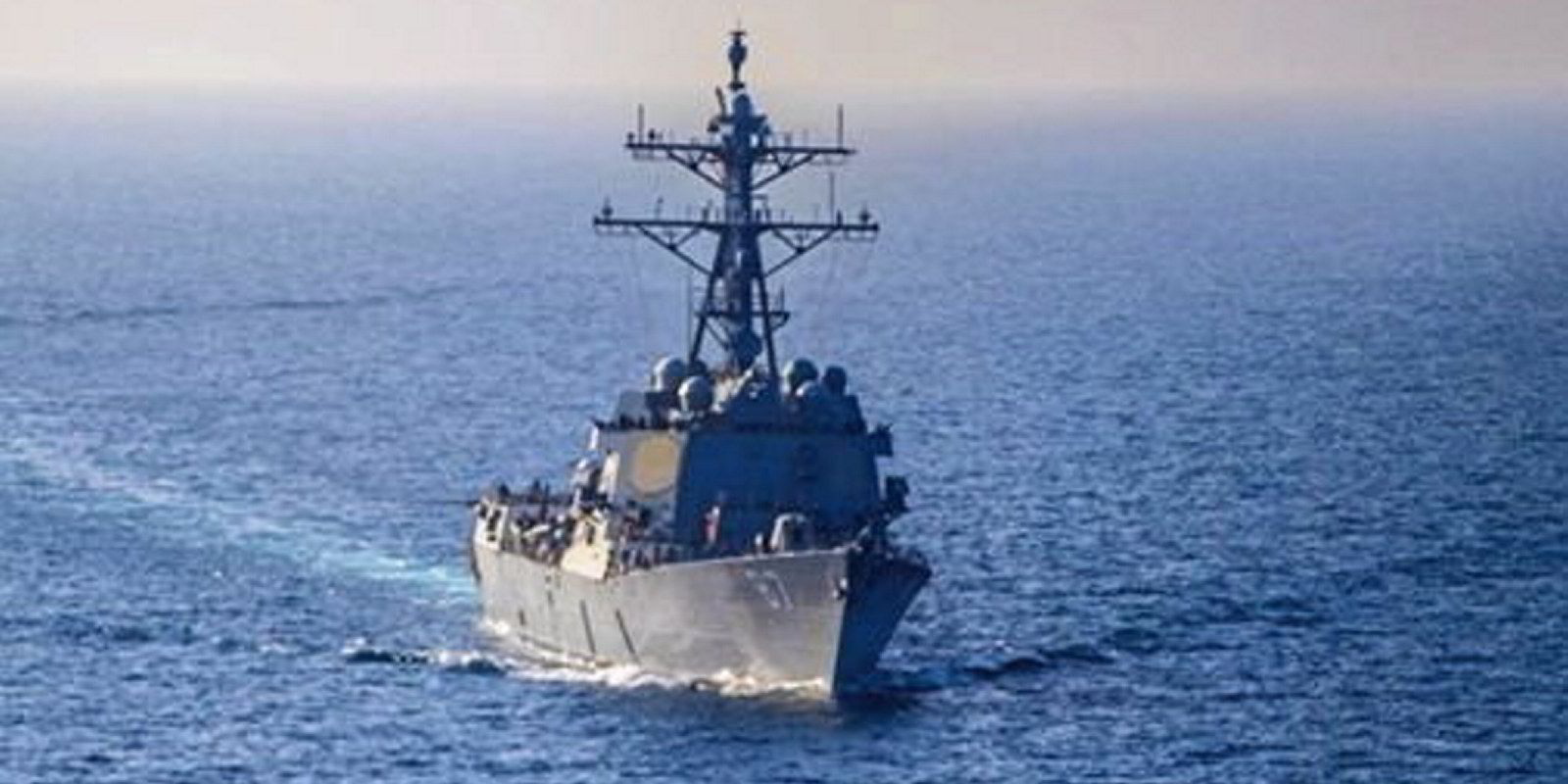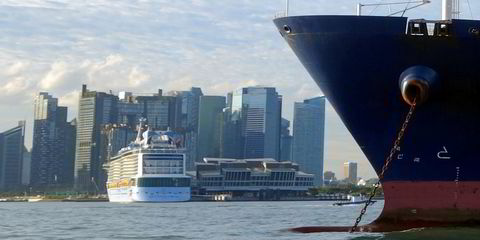About seven hours before US and UK fighter jets rained fire on 18 Houthi targets on Saturday, the Yemen rebel group targeted a product carrier tanker serving US interests.
According to US Central Command (Centcom), the USS Mason shot down an anti-ship ballistic missile fired from Houthi territory over the Gulf of Aden at about 14:00 GMT.
The projectile’s likely target was the 49,700-dwt Torm Thor (built 2015).
“Neither the USS Mason nor the Torm Thor were damaged and there were no injuries,” Centcom said.
The US military described the commercial vessel as a “US-flagged, owned, and operated chemical/oil tanker”.
According to data on Equasis and S&P Global, it is only recently that the Torm Thor’s employment and flag situation have changed.
Since October, the ship has been listed under the technical management of Seabulk Tankers — a US company known to be employing ships under the US government’s Tanker Security Program.
In November, the ship’s flag was switched from Denmark to the US.
Another pair of Torm tankers that are sister ships of the Torm Thor — the Torm Timothy and Torm Thunder — have also emerged with Seabulk Tankers under the US flag in recent months.
In a separate statement on Saturday, the Houthis confirmed having launched “a number of … missiles” against the Torm Thor, describing the vessel as an “American ship”.
The rebels’ military spokesman, Yahya Saree, did not claim the Torm Thor was actually hit, which seems to confirm the Centcom statements that whatever was fired at the ship was intercepted.
In any case, the attack against the Torm Thor suggests that repeated Western air strikes against the Houthis do little to diminish the group’s capacity to carry out missile launches against vessels it deems linked to the US, UK or Israel.
The Houthis, which the US considers a terrorist group, have attacked about 60 ships since mid-November, in a bid to push Israel and its Western backers to stop the war against the Palestinian Hamas group in Gaza.
No seafarer has been injured in these attacks so far but crew were forced to abandon the 32,200-dwt Rubymar (built 1997) on 19 February. The ship has been floating half-sunk in the Bab el-Mandeb strait since and is in danger of sinking.
Commercial traffic through the Red Sea and the Suez Canal has been cut by about half since the Houthi attacks began, leading to a redrawing of global maritime trading patterns.






